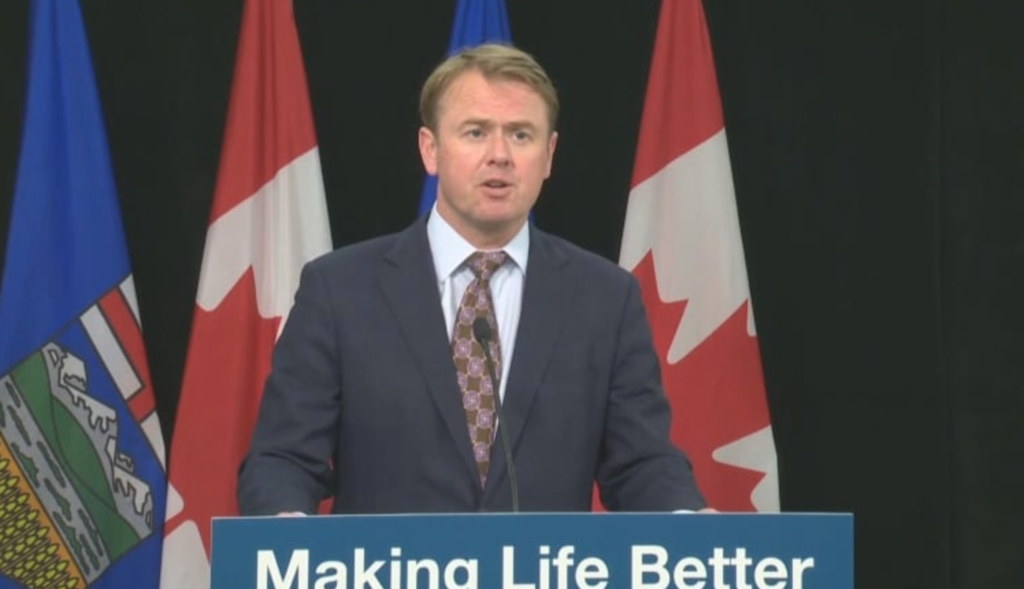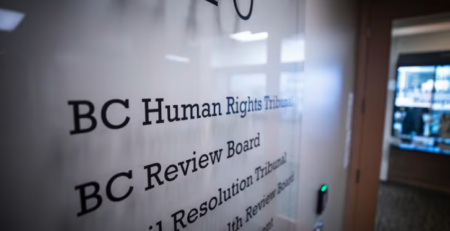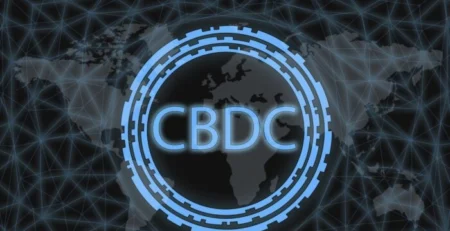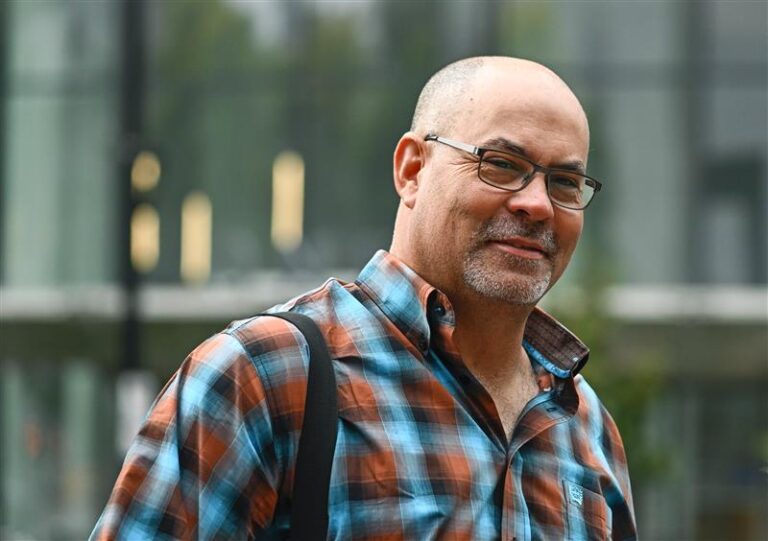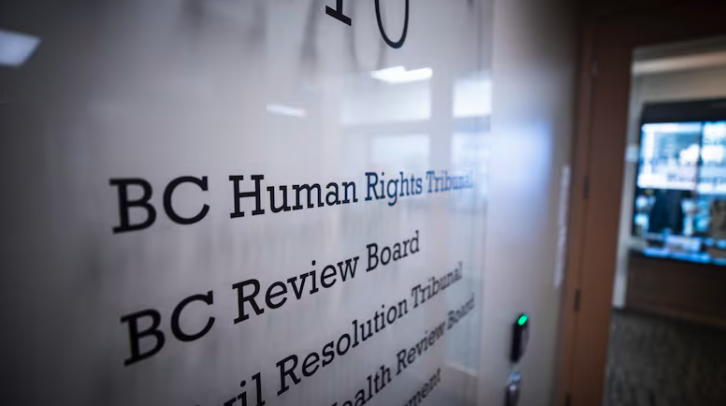Western Standard EDITORS NOTE: The Western Standard asked Jay Cameron of the Justice Centre for Constitutional Freedoms (JCCF) and representatives United Conservative Party of Alberta (UCP) Caucus to participate in the “Duelling Columnist” debate feature on the province’s Bill 10.
The UCP Caucus declined to provide any column in defence of its Bill 10 legislation.
By Jay Cameron, Justice Centre Litigation Director
Western Standard June 11, 2020
On March 31, under cover of the sudden fog of coronavirus panic, and to a Legislature working with a skeleton crew of law makers that barely constituted a quorum, the United Conservative Party (UCP) government introduced the Public Health (Emergency Powers) Amendment Act, also known as Bill 10. Before bewildered lawmakers could read and understand the Bill, and before the locked-down public could raise an objection, Bill 10 had become law. It took approximately 48 hours from the introduction of the Bill to its coming into force. The vote in the Legislature Assembly of Alberta was 14-7 along party lines, and quorum for the Legislature is 20.
Bill 10’s emergency powers included two key amendments to the Public Health Act, sections 52.1(2)(b) and 52.21(2)(b), and both are provisions which authorize government cabinet ministers to unilaterally create new laws and sidestep the Legislature when doing so. Today, Alberta’s cabinet ministers can individually write laws on the fly, as though the Legislature’s majority was personally invested in each minister. Interestingly enough, it was the UCP’s Health Minister, Tyler Shandro, who introduced Bill 10, and it is Minister Shandro who — more than anyone else— obtained profound and sweeping individual powers from its passage.
No one in the Alberta public voted to give Mr. Shandro, or other ministers, the awesome power of the people’s elected legislature. The Tories usurped that power in an act of calculated opportunism.
The constitutional foundations of western democracies developed out of the hard and bloody lessons of history, and centuries of unilateral rule by both monarchial and religious despots. Democracy, coupled with the codification of rights and checks and balances in a constitution, exists as a safeguard against authoritarianism. But Canadians have become alarmingly complacent about the security which the rule of law and constitutionalism have provided for them. The case was similarly dangerous when Prime Minister Trudeau attempted a parallel power grab in Ottawa. Our democratic safeguards are being eroded across the country, yet little outcry is heard.
Esteemed French philosopher Baron de Montesquieu, in his seminal work, The Spirit of the Laws, noted that “when the legislative and executive powers are united in the same person, or in the same body of magistrates, there can be no liberty.” Montesquieu’s observations on civil governance influenced great thinkers such as Alexis de Toqueville and the drafters of the U.S. Constitution. Montesquieu’s views helped shape the existing system of checks and balances in Canada.
In Canada, elected representatives introduce laws which are studied, debated, amended, and often submitted for public consultation and feedback. Those laws, if passed, are implemented by a separate branch of government, called the executive (or cabinet). This separation of powers exists to provide a check on the executive unilaterally making self-serving laws for its own ends. Bill 10 abolishes this barrier when a declared public health emergency is in effect, and unifies the legislative power during a pandemic in the executives’ cabinet ministers.
Bill 10 is unconstitutional for a number of reasons, but one primary reason is that the Constitution Act, 1867 bestows power on the provincial legislature (not on individual politicians or on cabinet) to make laws. The delegation of this power away from the legislature as a whole is an infringement of the written and unwritten principles which safeguard citizens from abuse.
When Albertans began to ask questions about Bill 10, the UCP’s first response was to deny the obvious fact that Bill 10 gave cabinet ministers a new power to write laws and create new offences and penalties unilaterally, without any oversight from the Legislative Assembly of Alberta. The UCP told Albertans that Bill 10 was merely “clarifying” powers which already existed.
A short time later, however, Minister Shandro utilized Bill 10 to— unilaterally— create a new law exactly as warned. Minister Shandro amended the Public Health Act to authorize the release of “information obtained by the Chief Medical Officer” to “any police service.” Ministerial Order 632/2020 states, “I, Tyler Shandro, the Minister of Health … do hereby order”. Shandro then proceeds to add sections 53(4.2) and (4.3) to the Public Health Act. The Legislature was not consulted prior to this legislative amendment. No studies were conducted. No debate allowed. The public was not informed or consulted, or even warned in advance. For the first time in Canadian history, a law which was passed by a duly elected democratic legislature was unilaterally altered by a single politician, effectively overriding democracy in an act of executive authoritarianism. Shandro’s new law came into effect immediately upon signing on May 4, 2020.
It turns out the new provisions of the Public Health Act added by Minister Shandro are broad and poorly worded, which underscores just one reason why legislatures should pass laws, not individual politicians. The new sections are broad enough to allow for the blanket release to police of the records of all Albertans who have tested positive for COVID-19, and probably even the medical records of those who have not. The new law contains no safeguards outlining the use, storage and retention of the personal data by police.
It is unclear why the names of people who once tested positive for the virus and have recovered should be conveyed to police, or how long this information will remain in the police’s possession. There are no limitations on how the police may use this private and personal information. There is no clause that mandates that the information will be destroyed at a later date. Providing the personal information of patients to police, so that private and confidential medical records can be accessed at police discretion, is in effect a warrantless search without judicial checks and balances, and an alarming breach of privacy rights. Albertans typically have strong rights regarding their personal health data which are codified in the Health Information Act. But Minister Shandro’s new law simply bypasses the Health Information Act.
In a democracy, the legislature would consider the impacts on privacy and constitutional rights implicated by a blanket release of health records to the police. In a dictatorship, no checks and balances exist on the use of executive power. Minister Shandro’s Order says he is “satisfied” that our medical records ought to be sent to the police, and so that is presumably where they are now.
Some citizens are probably fine with Minister Shandro’s new powers. Maybe you yourself don’t have a problem with the police having your private medical records, without apparent restrictions on what they can do with them or how long they can keep them. Maybe it was your intention all along to just give your medical records to the police and you just hadn’t got around to it. Maybe you trust the government out of partisan loyalty.
Perhaps you think Tyler Shandro is much wiser than all of the Legislative Assembly sitting together studying and debating new laws. You do not know him personally, of course, but you’ve seen him on TV, and he seems well spoken, so why should he be compelled to run each new law by the Legislature? Yes, there are 86 other MLAs the Legislature, but you have the utmost faith that Mr. Shandro is smarter and more capable than all of them put together.
But maybe, just maybe, you are one of these people who wants checks and balances on government power. You believe in democracy and the Constitution, and you think that should be the law in Canada (because it is), not whatever new rule Minister Shandro makes up. And you’re upset.
Who do you complain to? Your MLA? Bill 10 says Minister Shandro doesn’t have to check with MLAs before he changes the law during a pandemic. The Premier? He’s a very busy man who gets thousands of emails every day.The police? They enforce the law, and now Bill 10 says the Mr. Shandro can say what the law is.
Perhaps you decide to protest the breach of you and your family’s privacy rights by demonstrating at the legislature because you are not sure what else to do. For your trouble, you receive one of those $1,200 tickets that have become so popular with law enforcement. The Sheriff informs you that Minister Shandro says you should be at home, quietly socially distancing.
There is one last check on this extraordinary consolidation of power – short of the ballot box – and it lies in the third branch of government—the judiciary. The court challenge to Bill 10 is ongoing.

